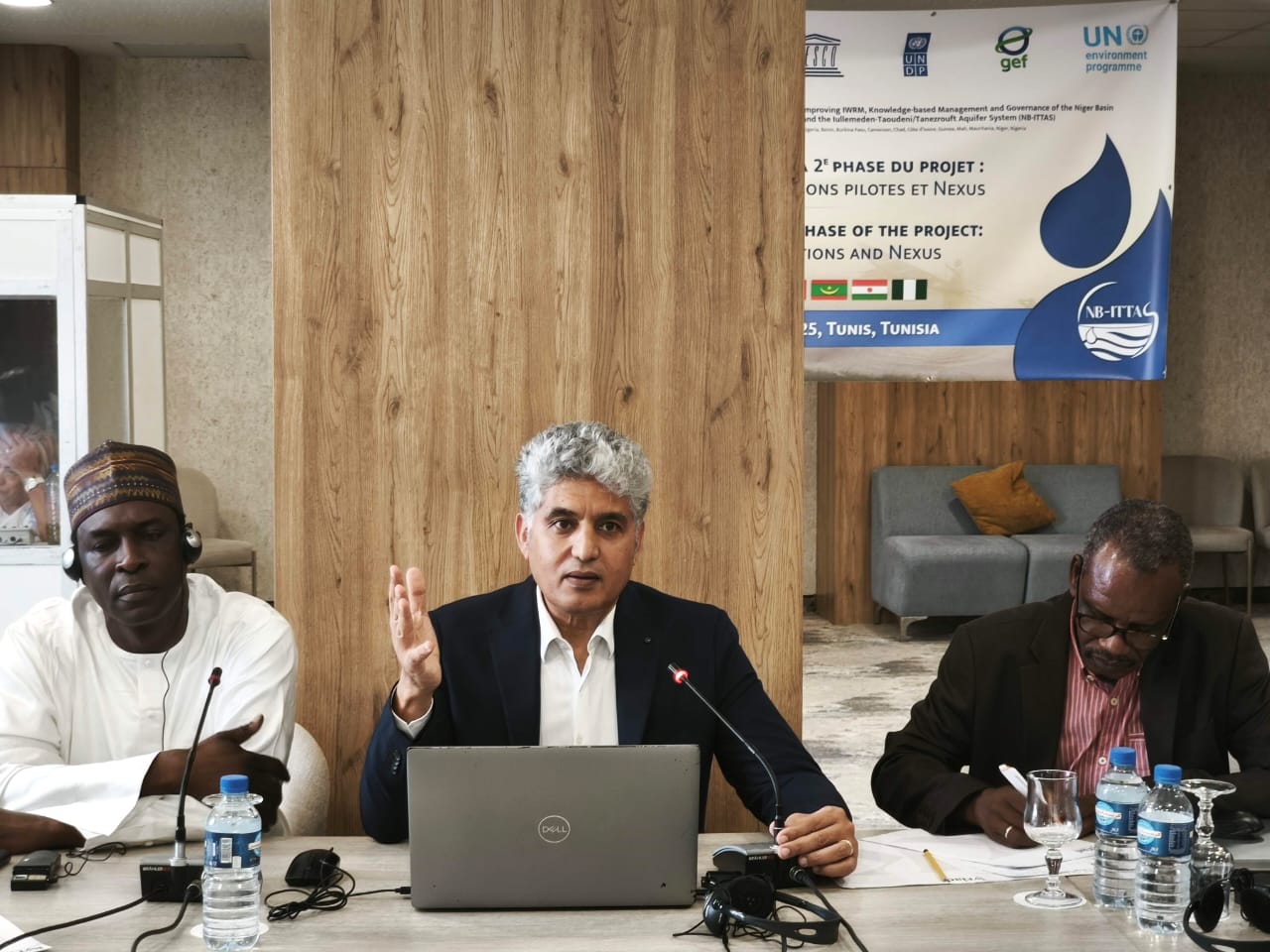
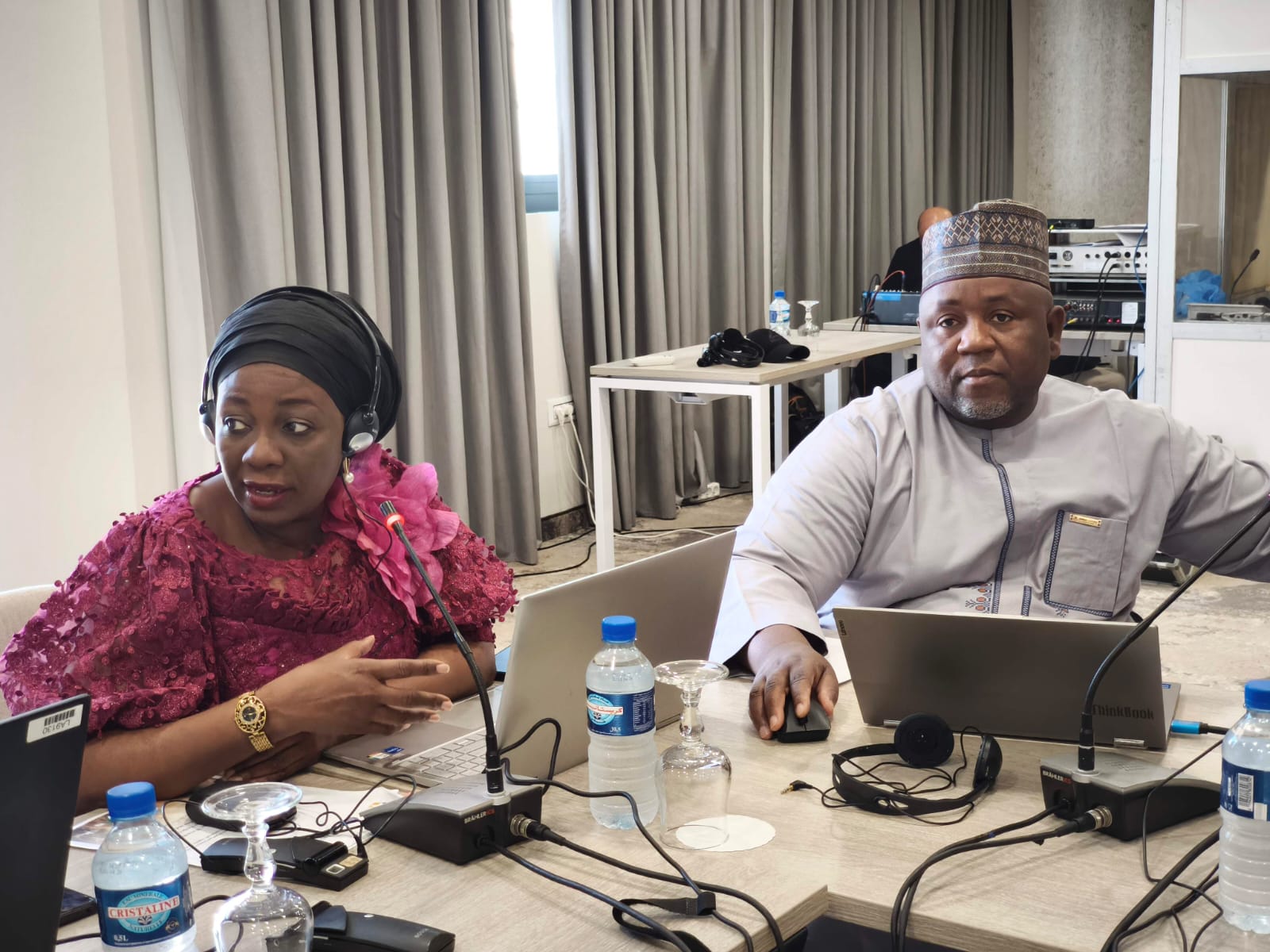
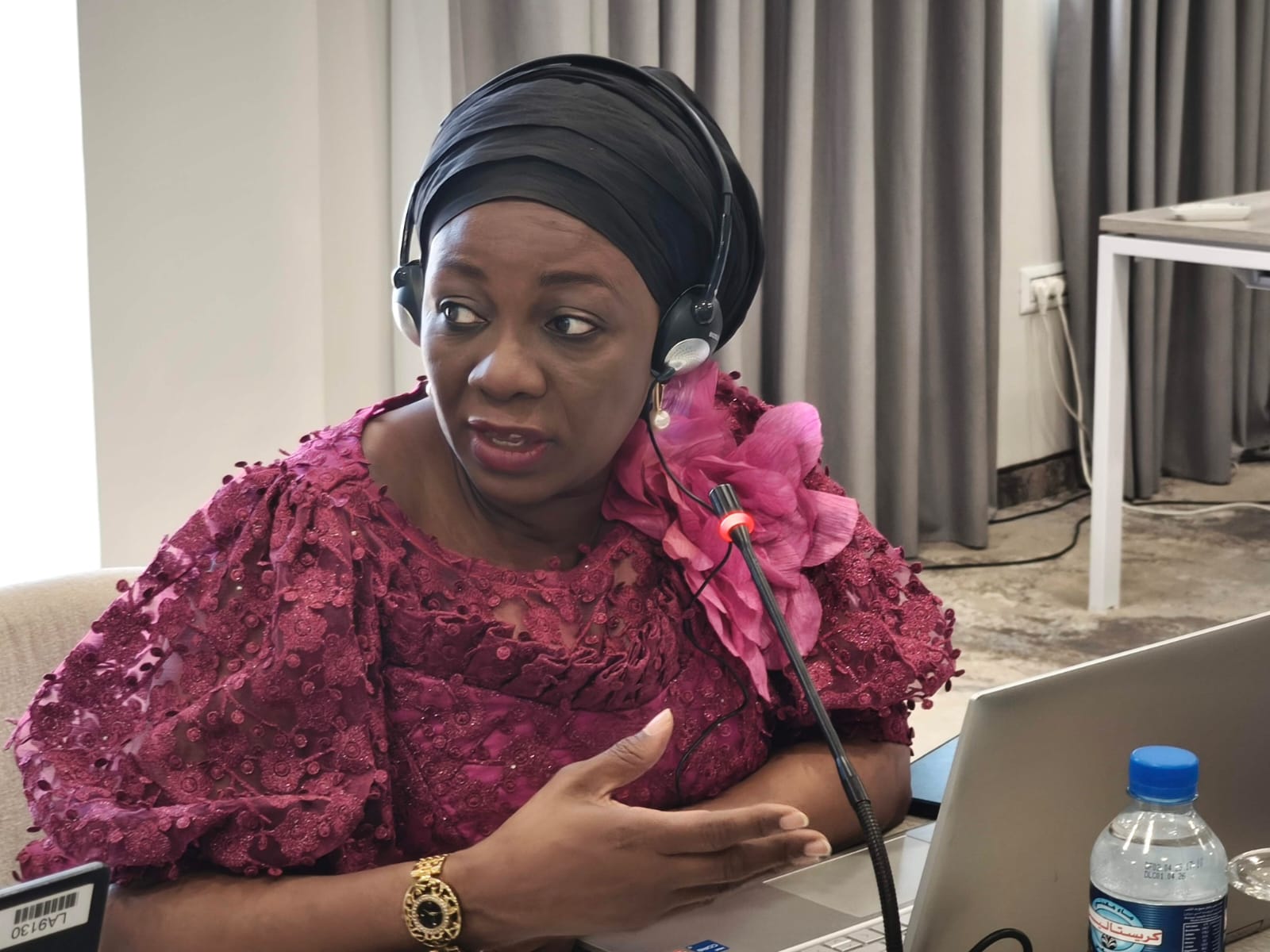
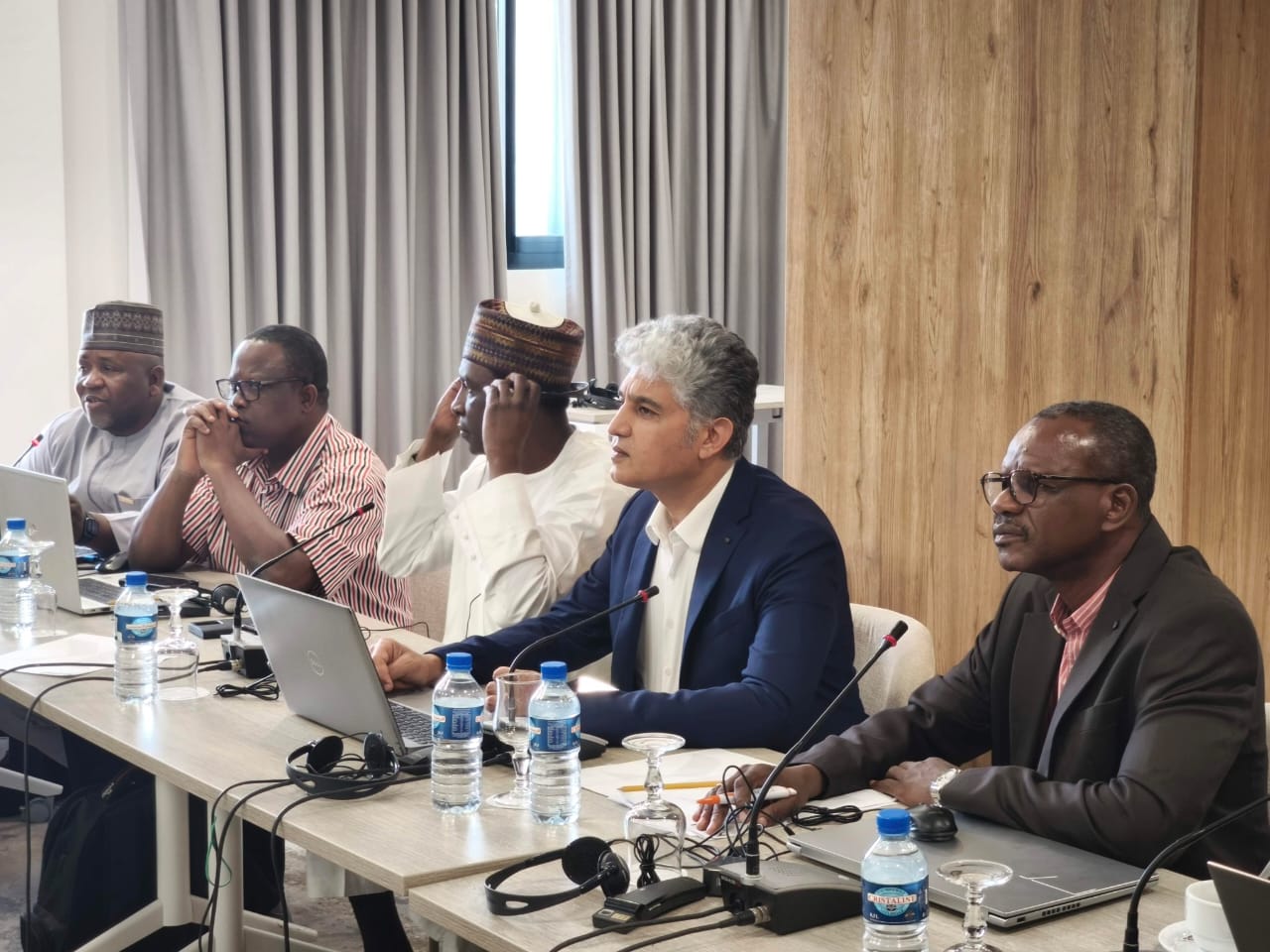
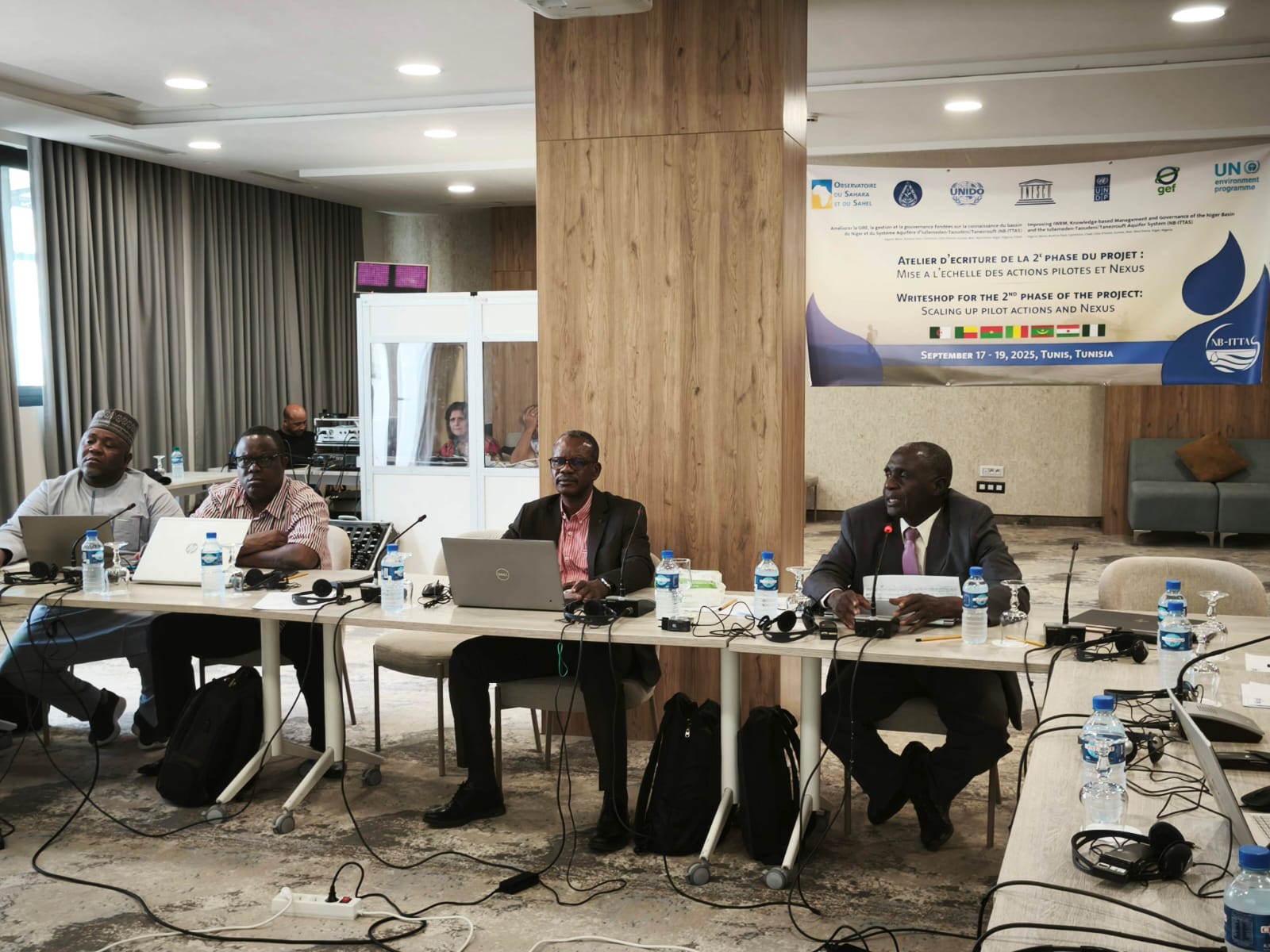
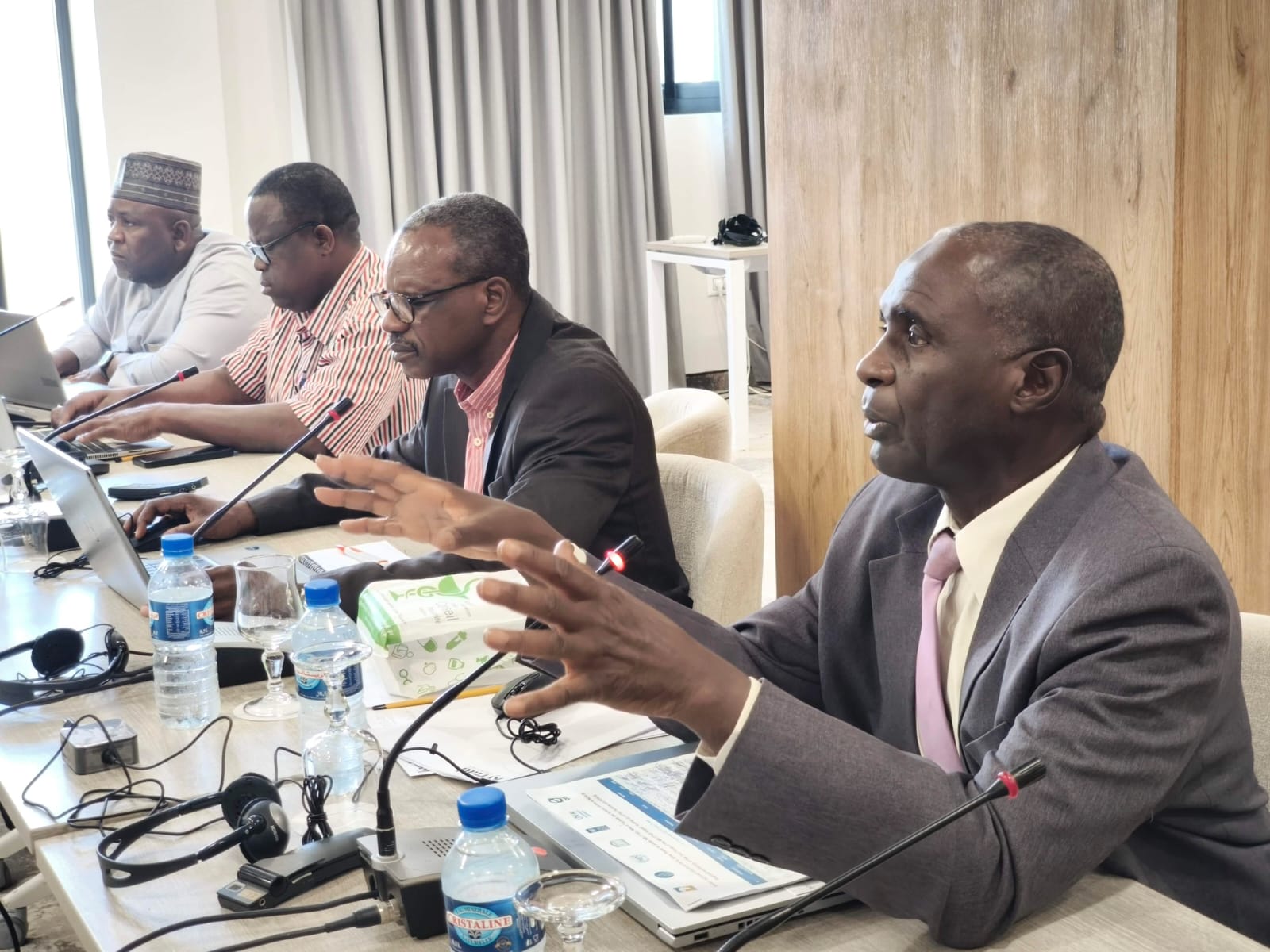
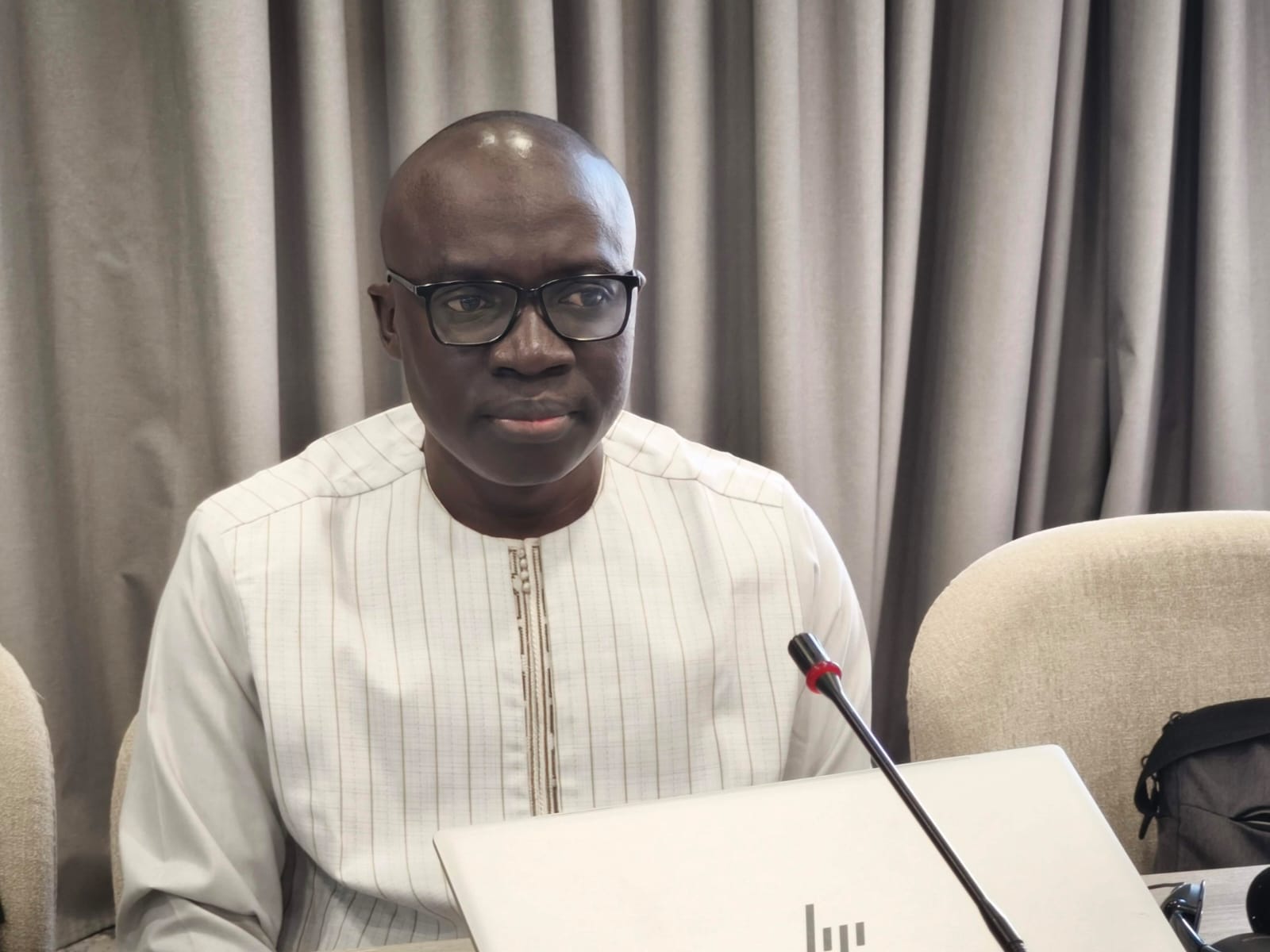
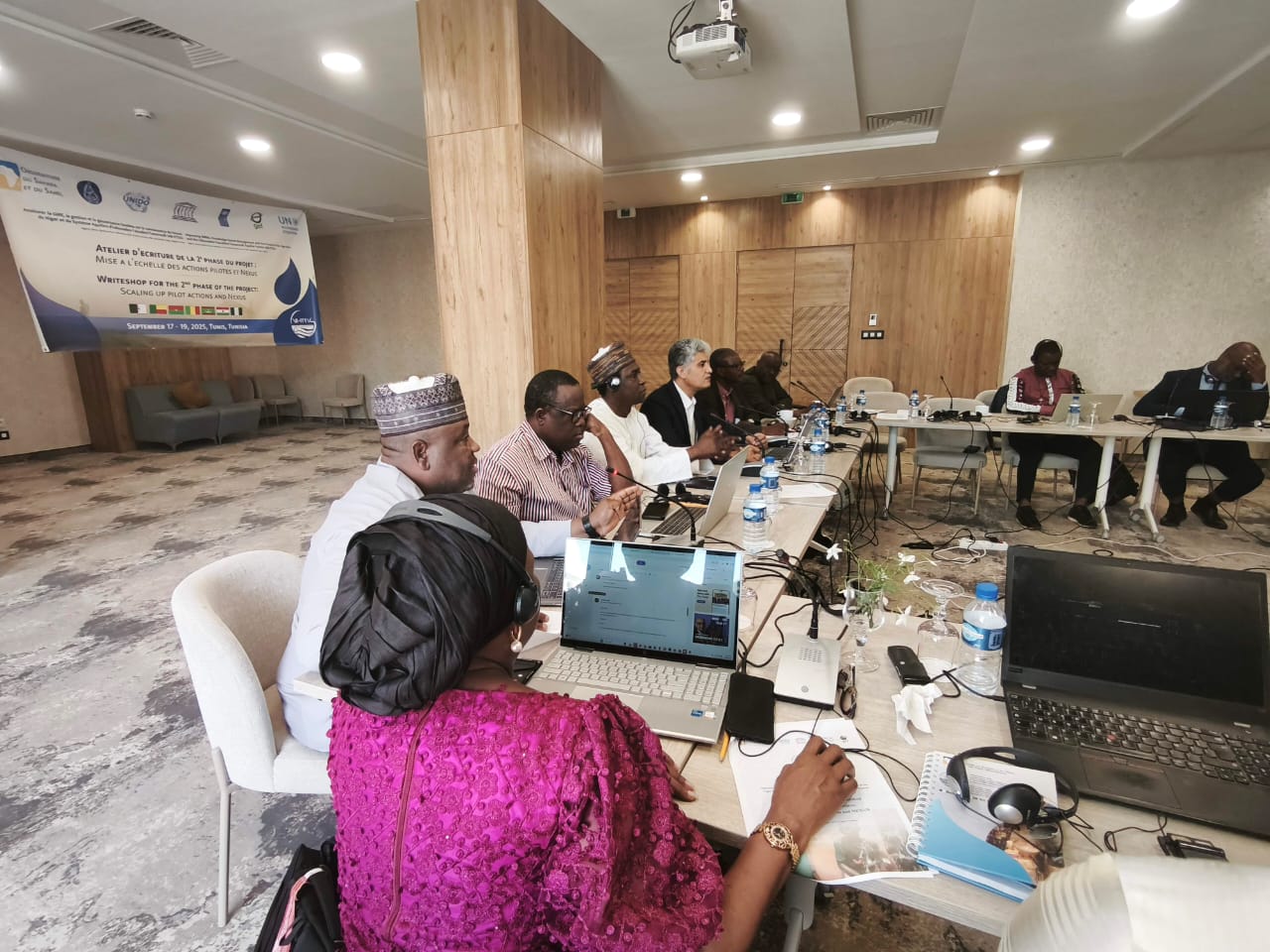
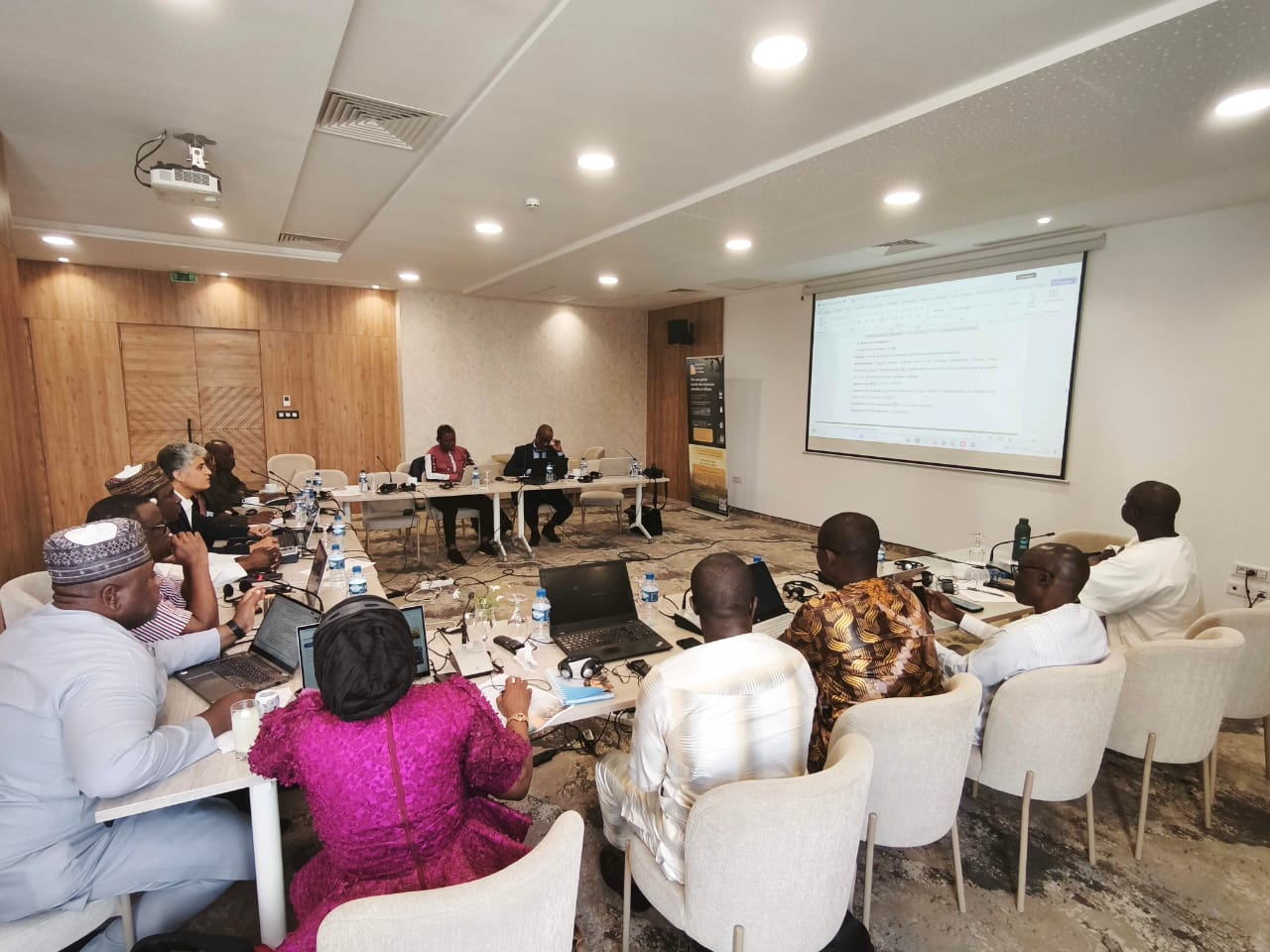
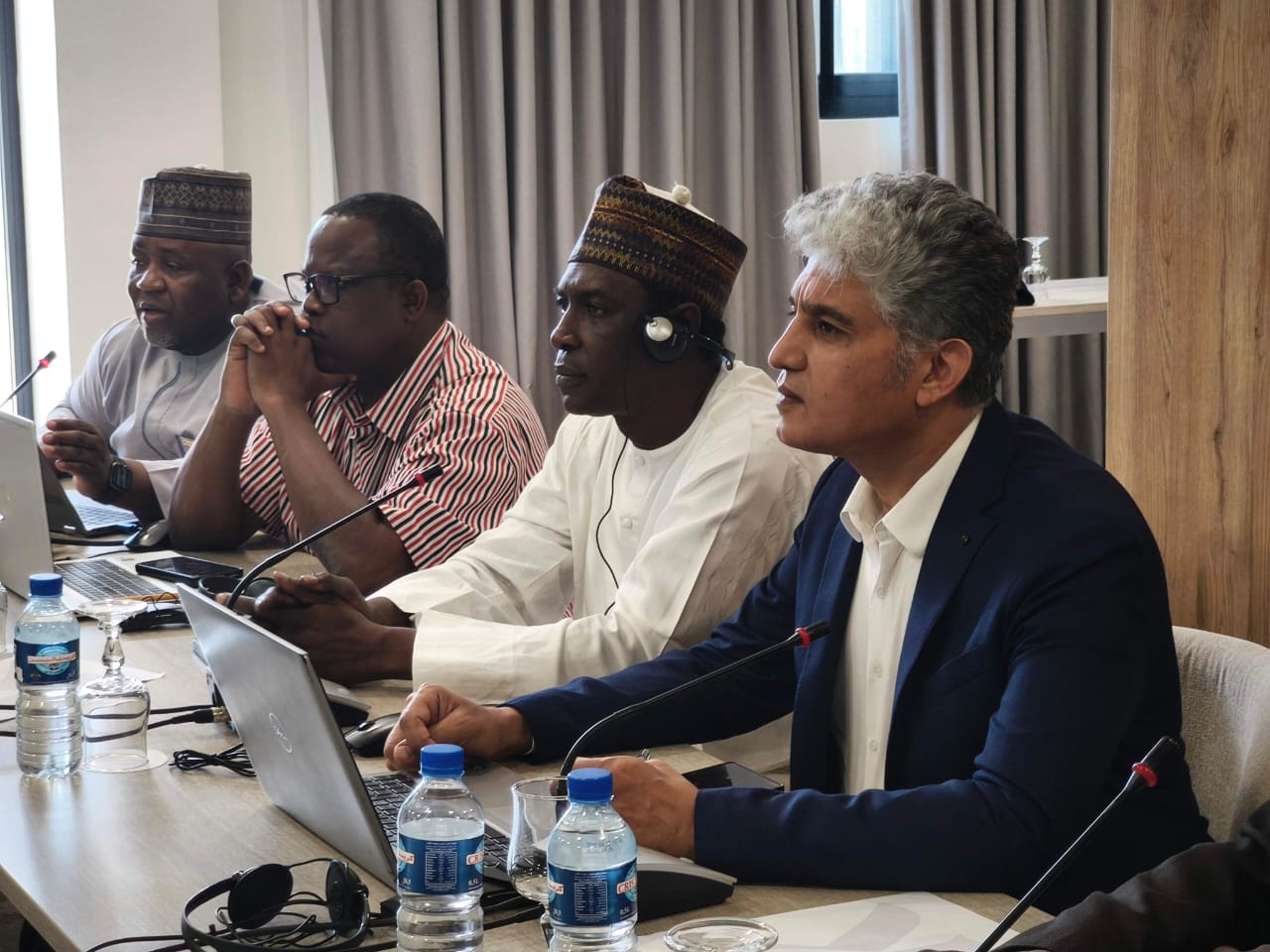
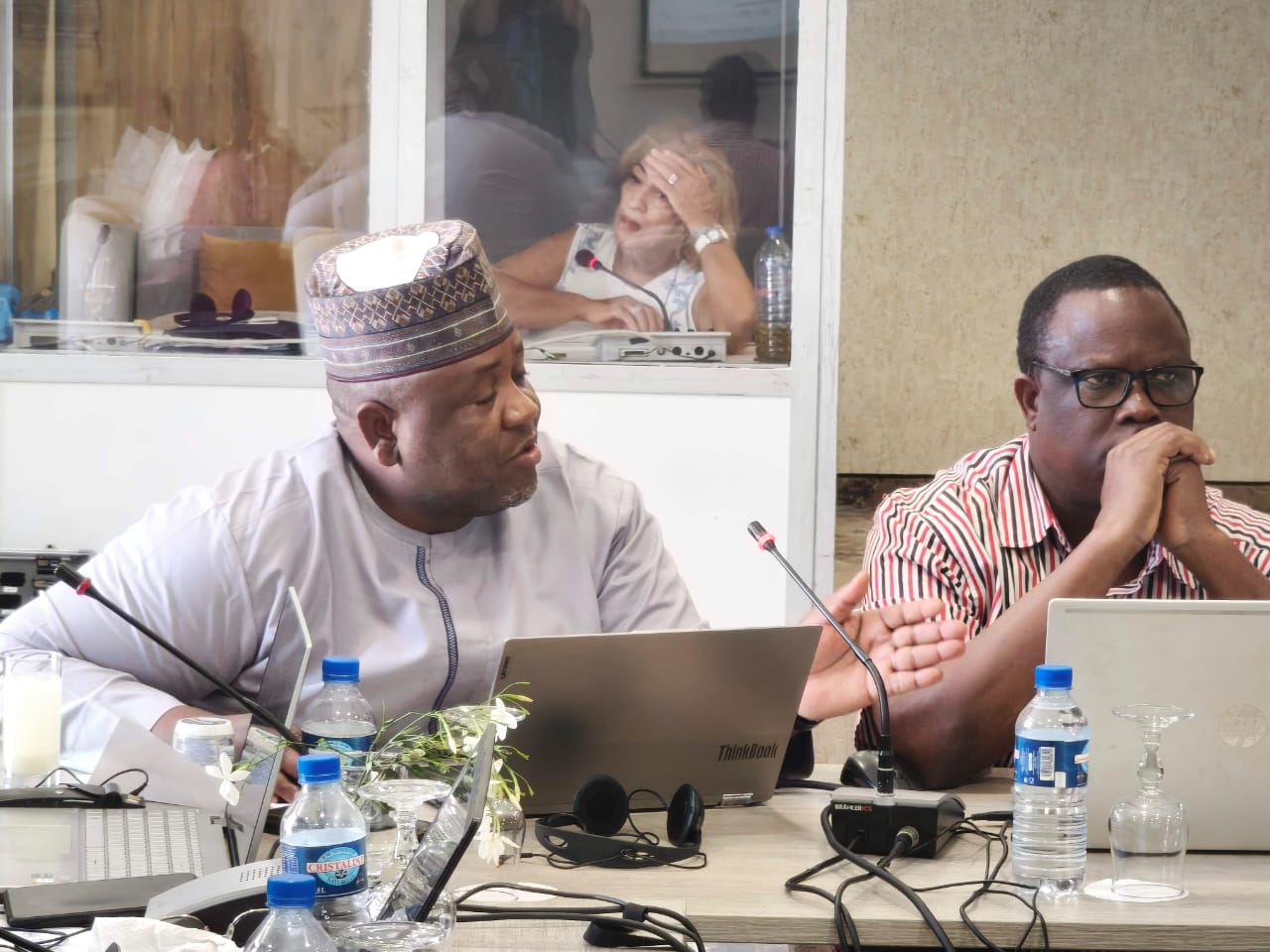
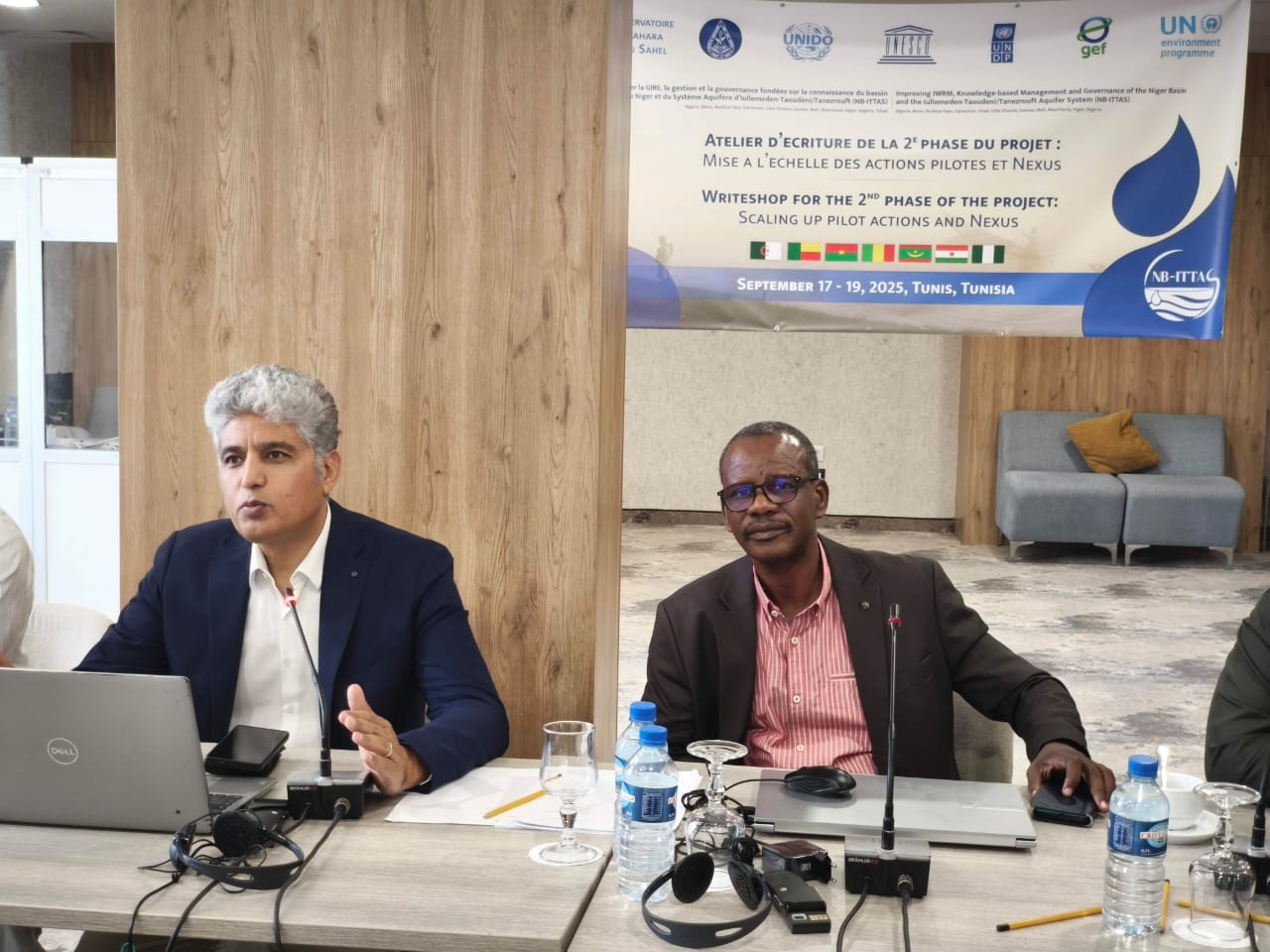
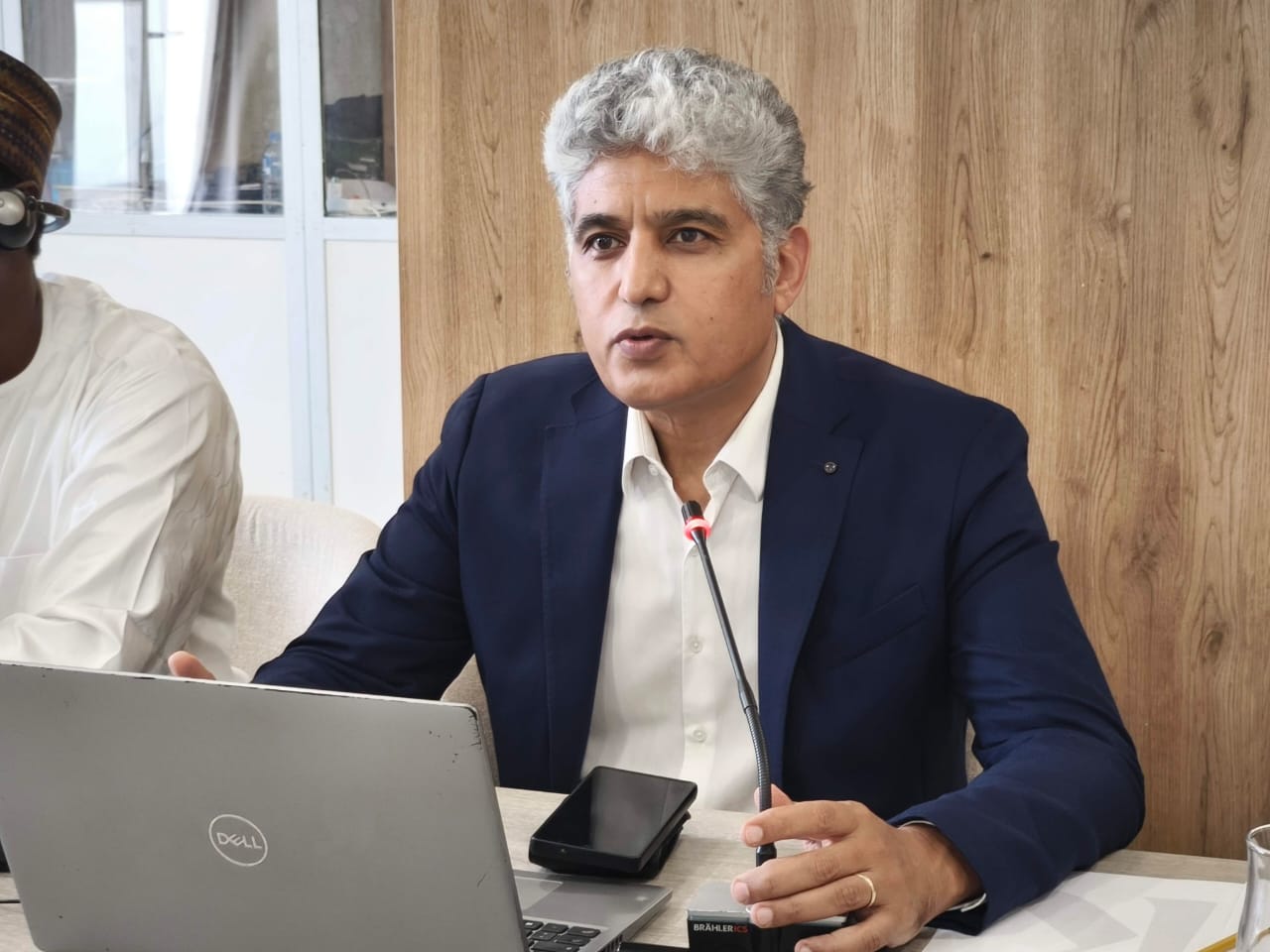
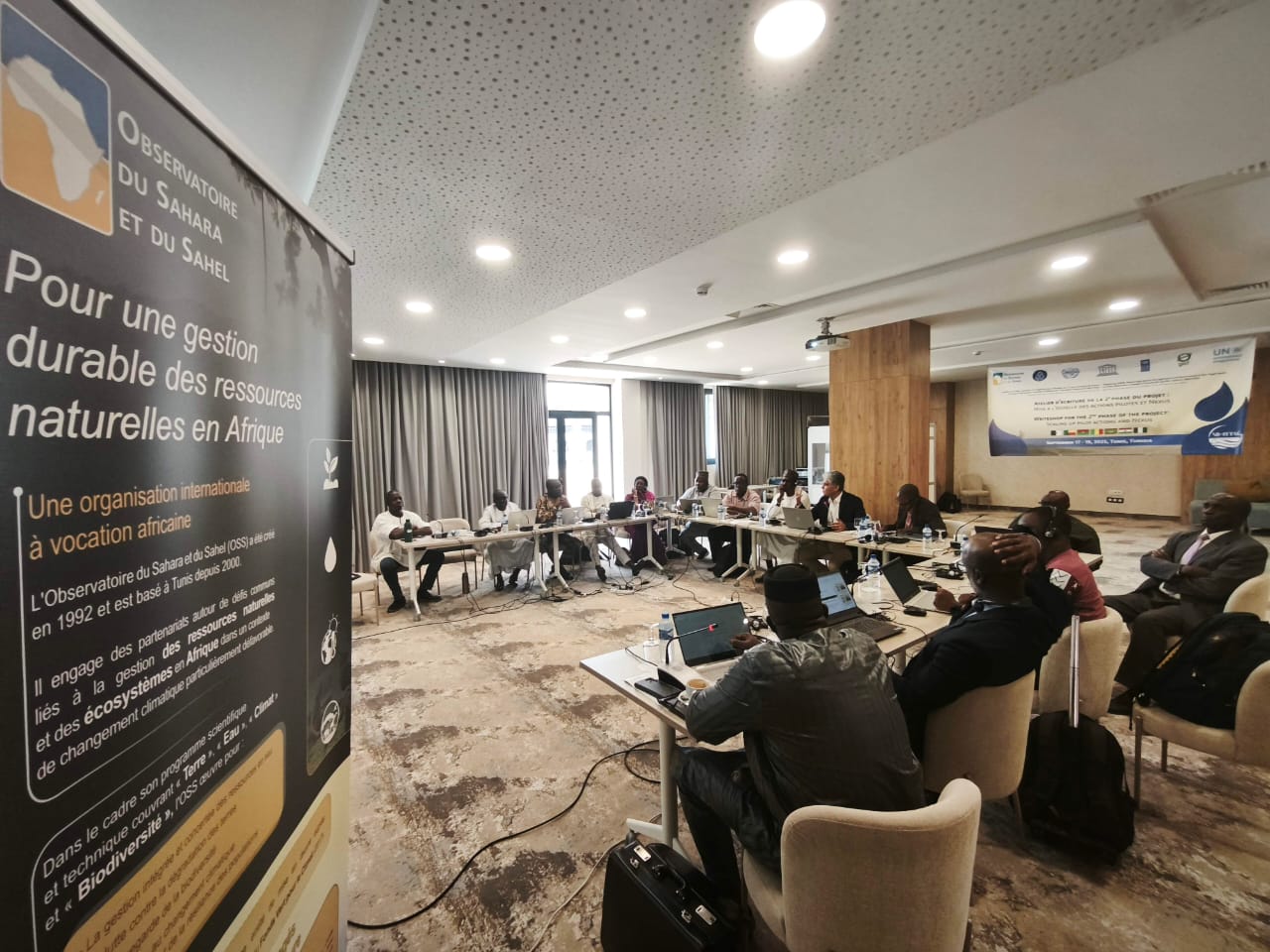
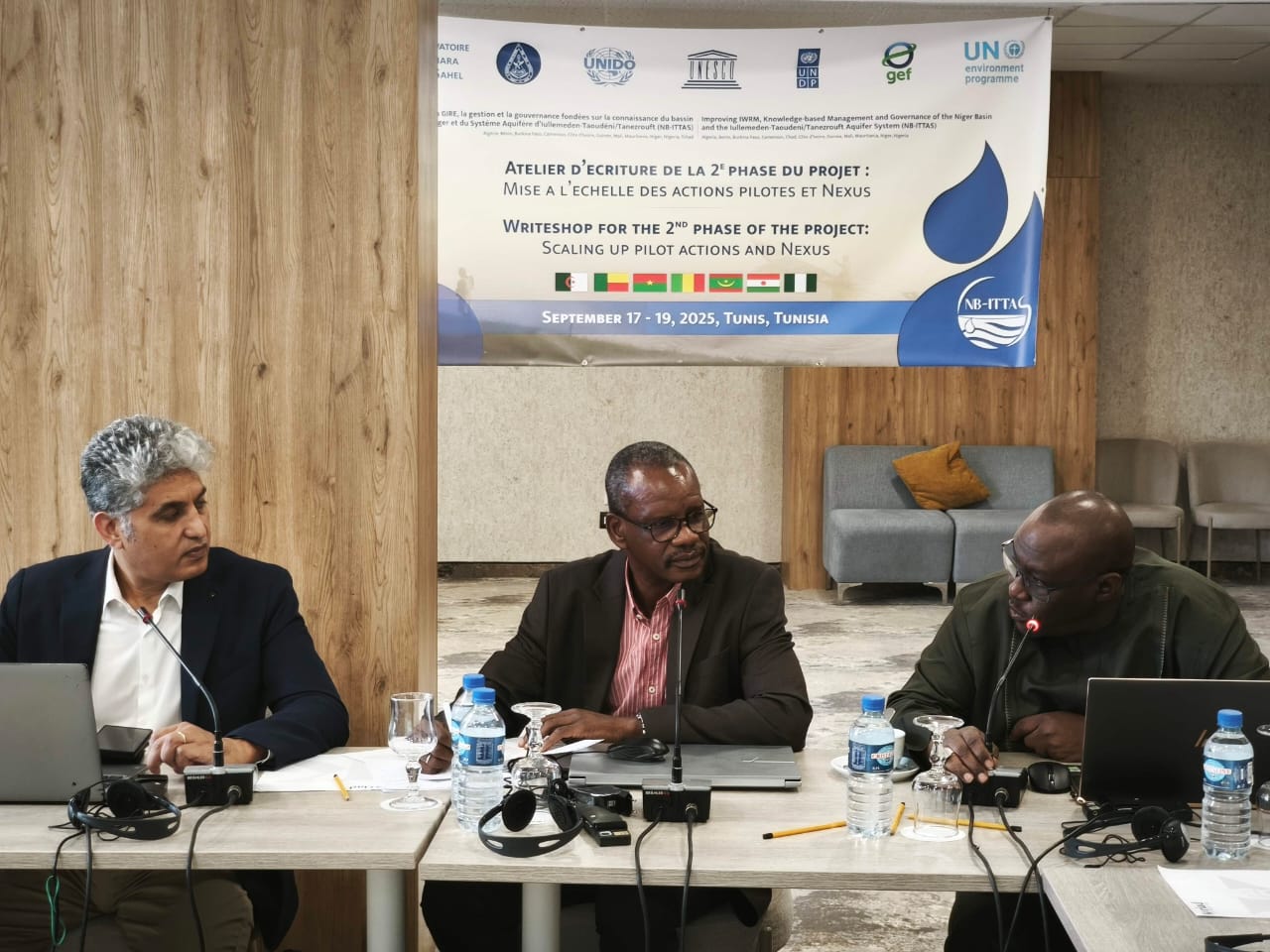
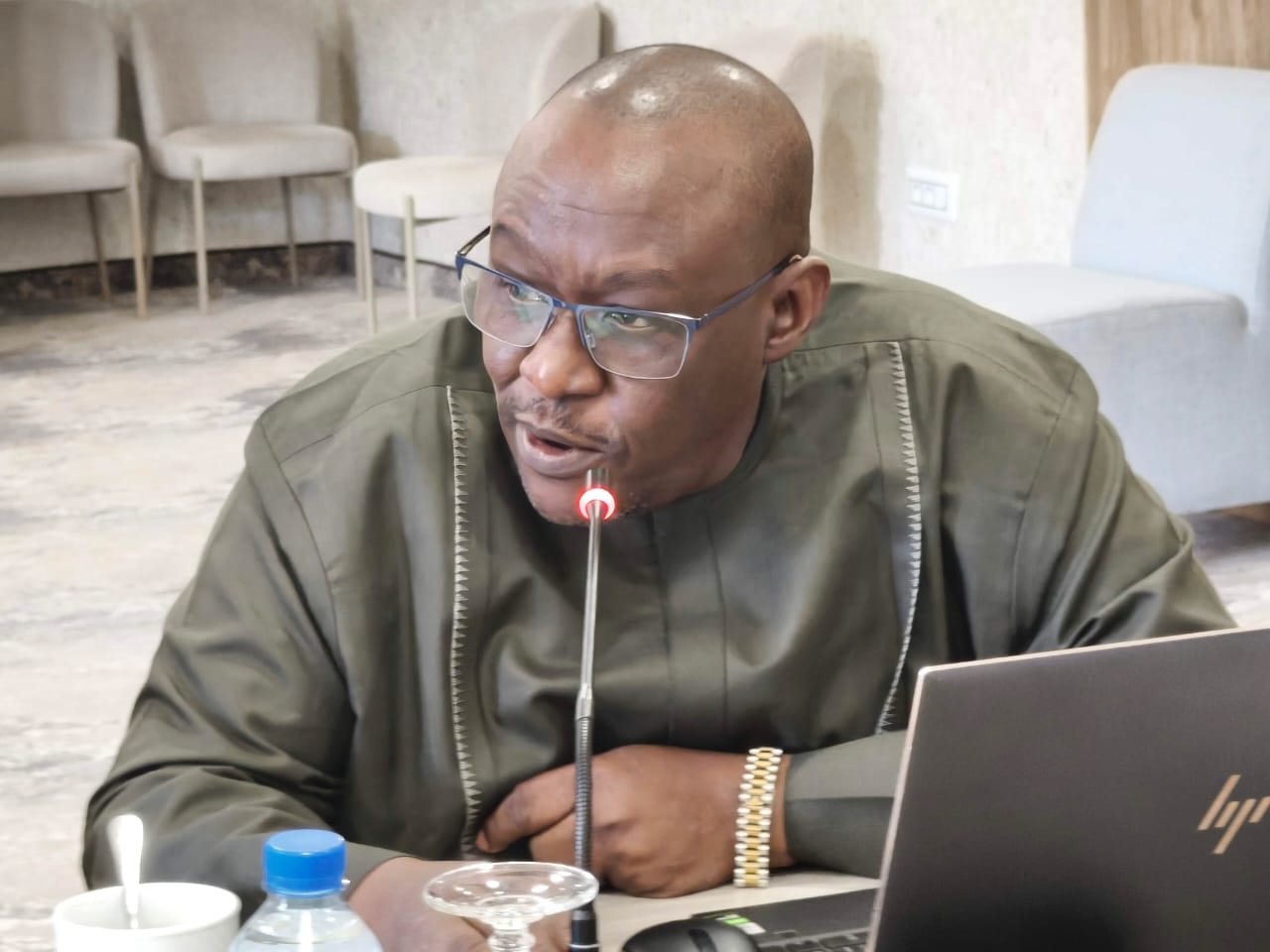
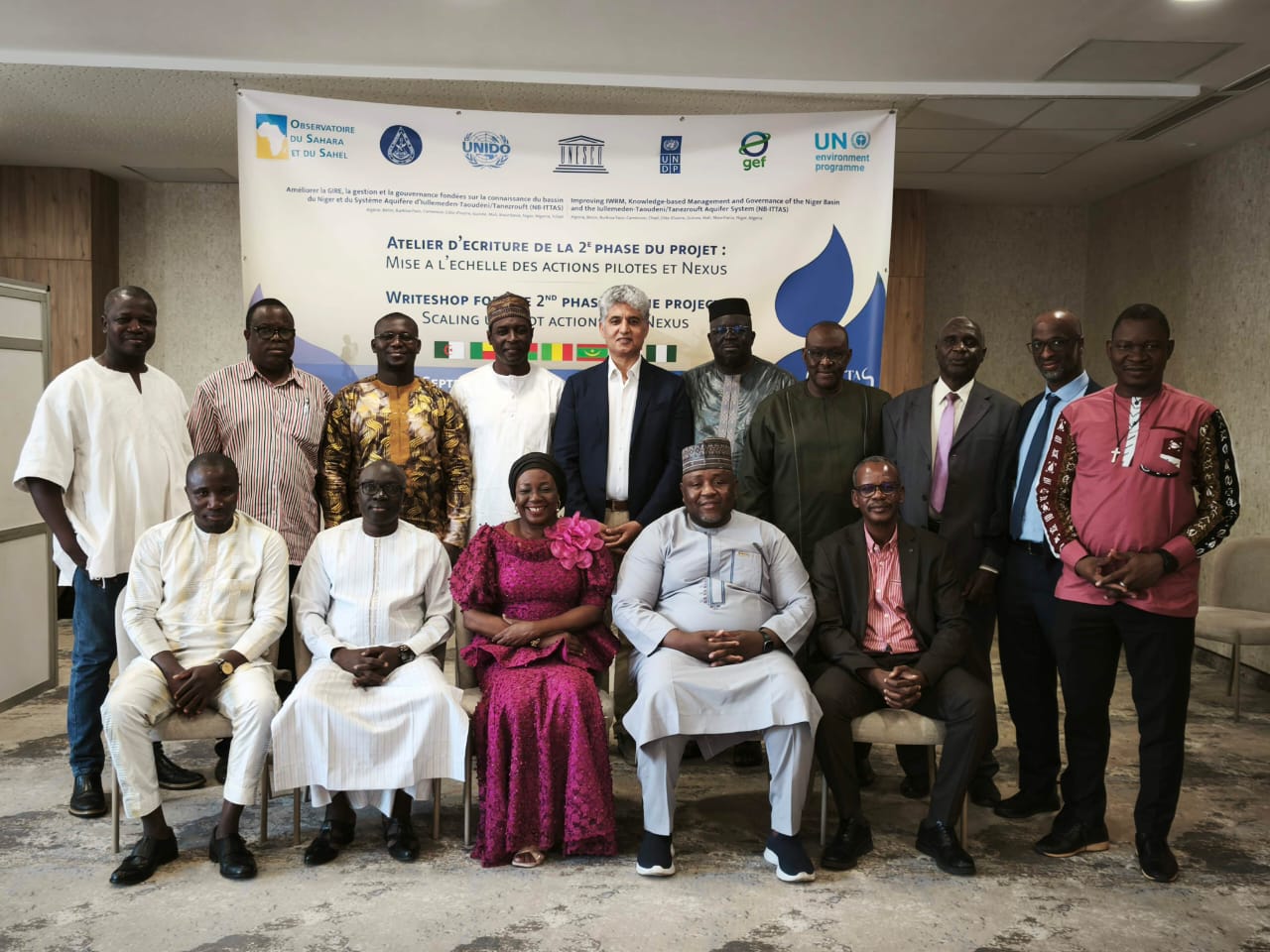
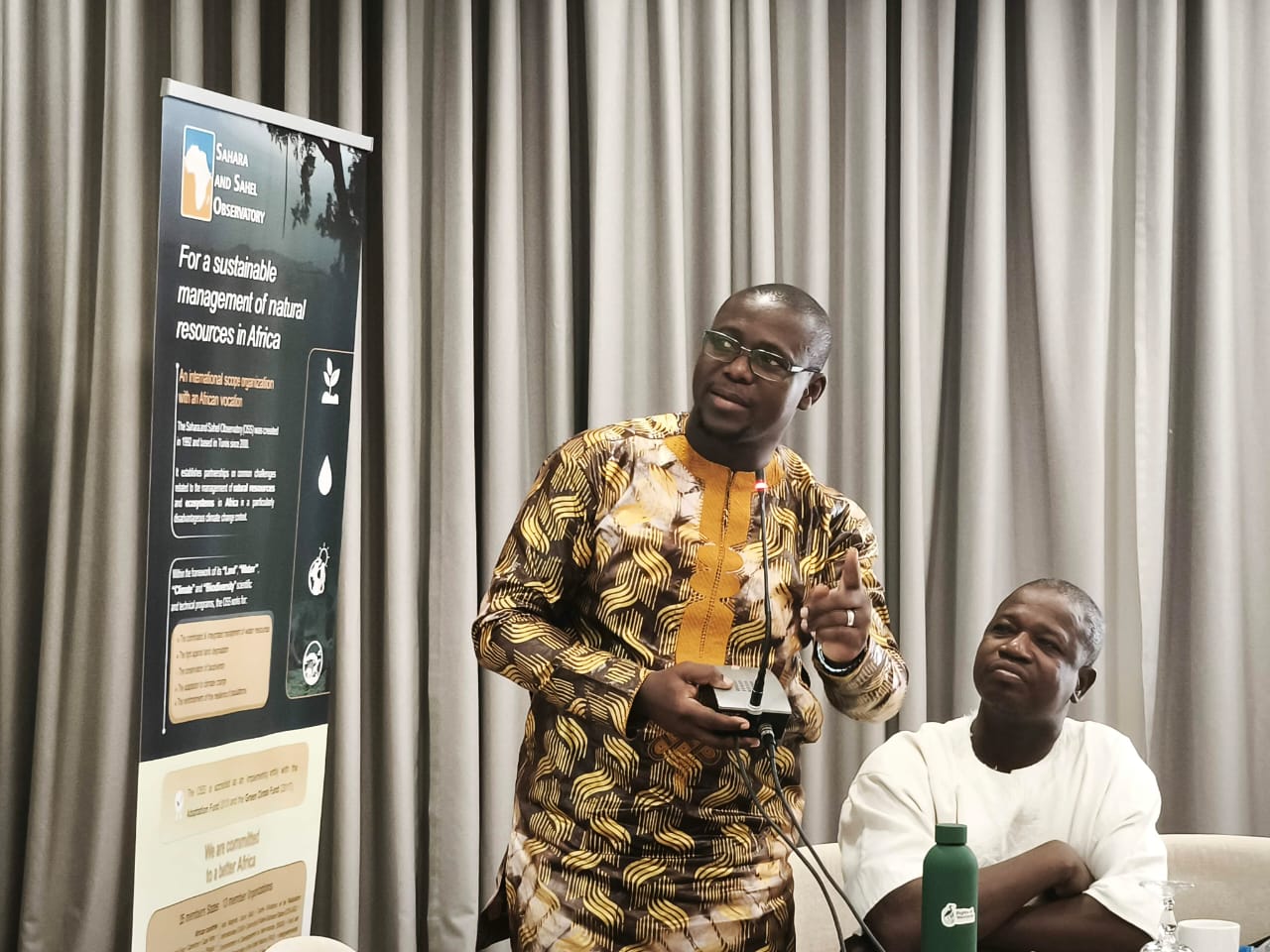
Tunis, September 17-19, 2025
The regional workshop of the NB-ITTAS project, held in Tunis from September 17-19, 2025, concluded with a shared commitment to sustainable and collaborative management of transboundary groundwater, contributing to the Global Environment Facility's (GEF) endeavor on international waters.
It is worth noting that the first phase of the project (2018-2025) marked a decisive milestone, namely with:
- the development of a regional hydrogeological reference model;
- the completion of the Transboundary Diagnostic Analysis (TDA) and the Strategic Action Program (SAP);
- the implementation of six pilot projects on priority topics;
- the development of a database with more than 57,000 water points;
- the signing by five countries of an MoU establishing a Consultation Mechanism for the shared management of water resources; and
- the strengthening of national technical capacities and implementing effective communication strategies at the national and subregional levels.
For three days, representatives from Benin, Burkina Faso, Mali, Mauritania, Niger, and Nigeria worked on the development of a project concept note to be proposed to the GEF through its implementing agencies. This new phase aims to consolidate the scientific and institutional achievements of the first phase, capitalize on pilot projects conducted in the field, and strengthen regional cooperation for shared governance of common water resources.
The OSS Executive Secretary emphasized the importance of establishing a regional coordination unit within the OSS or NBA and ensuring a solid institutional foundation to ensure the sustainability of achievements and the consistency of future actions. He also welcomed the GEF's continued support through its implementing agencies (UNEP and UNDP) as well as the effective coordination between the executing agencies (NBA, OSS, UNESCO, and UNIDO).
Discussions highlighted the need to develop progressive and equitable co-financing mechanisms while strengthening national capacities. Participants also emphasized the importance of expanding the partnership to new actors, including the private sector, development banks, and other international partners, to ensure inclusive and sustainable implementation.
This initiative is fully in line with the GEF's priorities for integrated international water management. However, the GEF validation of the concept note and the effective mobilization of the necessary funding remain crucial to turn this collective vision into concrete actions to serve the water resilience in the Sahel.